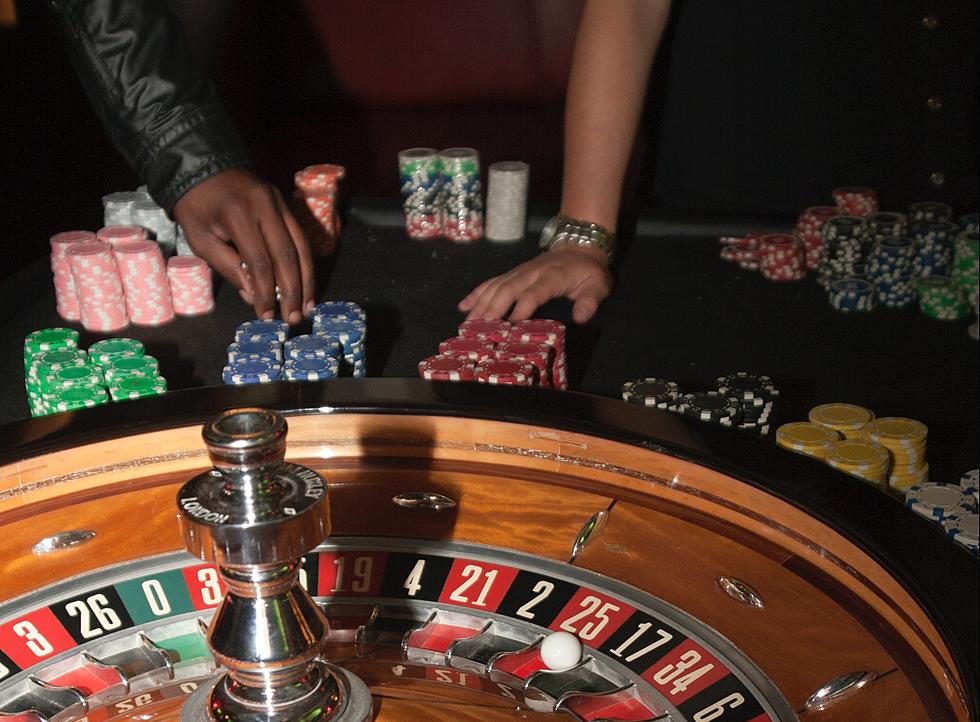
Casino games have long been a fascinating entertainment option, drawing millions of players from different cultures around the globe. From the lively casinos of the Strip to the bustling gambling halls of Macau, these games serve as a link that unites people across various backgrounds. The allure of chance, skill, and uncertainty entices not only those hoping to win money but also those seeking a shared experience.
The significance of casino games extends far beyond the gaming floor. They often represent the social norms and principles of the cultures in which they prosper. Games such as Texas hold ’em, 21, and the wheel game have woven themselves into the tapestry of cultural phenomena, influencing various aspects from films to fashion. As we explore this fascinating intersection of luck and culture, we can comprehend better how these games shape and are influenced by the surrounding world.
Historical Development of Casino Activities
The beginnings of gambling activities can be followed back to historical civilizations, where gambling in different forms was extensively engaged in. In the East, around two thousand three hundred years before Christ, a variant of lottery known as Keno was popular, while in historic the Roman Empire, soldiers would frequently gamble on the results of their matches. The notion of using luck for fun and profit developed over the years, leading to the establishment of more formal games. By the end of the Middle Ages, betting houses initiated to surface in Europe, especially in the Italian peninsula, which introduced early forms of well-liked activities still played today.
As betting increased recognition in the continent, the 17th and 18th centuries saw the emergence of gambling establishments as exclusive locations for gaming. The first official gambling house, the Ridotto, was founded in Venice in sixteen thirty-eight, featuring activities like Baccarat and Faro games. This era marked a significant turning point, as gaming venues began to draw not just the elite but also the expanding middle-income class. RR88 The complexity of activities evolved, leading to the creation of new rules and variations that enhanced the experience of players.
In the 19th century, the industrial revolution and changes in societal standards also changed the terrain of gambling activities. The launch of the game of roulette and modern gaming machines drew a larger clientele, and gaming houses became seen as legitimate forms of entertainment. This era witnessed the worldwide proliferation of gaming, as casinos spread from European nations to the Americas, culminating in the creation of the legendary Las Vegas Strip in the 20th century. The development of gaming games has persisted into the current era, including technology and digital sites, rendering them available to a worldwide population.
# Cultural Relevance within Diverse Cultures
Casino activities have deep-rooted cultural and social significance in numerous societies around the planet. Places like Las Vegas, the very fabric of the urban landscape is woven around gambling establishments, where playing is not just a pastime but a key aspect of entertainment and social interaction. The dazzling lights and vibrant atmosphere attract countless individuals, showcasing how casino games can impact local financial landscapes and local cultures. This surrounding transforms the notion of leisure into an immersive experience that affects fashion, sound, and even film.
On the other hand, some communities approach wagering with an air of caution, seeing it through the lens of ethical considerations and tradition. For example, in various Asian societies, games like Mahjong and Pai Gow are full of history and have significant social relevance. These games are often played during meetings and festivities, fostering community bonds and reinforcing familial ties. The act of participating in these games goes above mere leisure, reflecting principles such as honoring elders and the importance of communal fun.
At the same time, in European countries such as the principality of Monaco and Italy, games of chance serve as symbols of opulence and refinement. The stylish atmosphere of these venues attracts both visitors and residents, reinforcing a sense of status and elitism. The art of Texas Hold’em and the tactical components of games like baccarat are celebrated, influencing community relationships and establishing an allure that enthralls a heterogeneous audience. This underscores how games of chance can concurrently echo and mold cultural attitudes towards danger, reward, and community interaction.
Economic Impact and Travel Industry
Gambling activities play a significant role in the economic landscape of many regions, particularly those that depend significantly on tourism. The revenue generated from casino operations fuels local financial systems, creating employment opportunities not only within the casinos themselves but also in connected industries such as hospitality, restaurant services, and entertainment. This surge of tourists, drawn by the attraction of gambling and the overall gaming environment, stimulates spending across multiple businesses, contributing to the economic health of the area.
The existence of casinos often leads to the development of facilities, including hotels, public transit, and recreational facilities. These improvements are essential in enhancing the overall visitor satisfaction, making destinations more attractive to tourists. Additionally, many casinos invest in local communities through support of events and philanthropic activities, further integrating themselves into the social fabric of the region. Such contribution not only supports economic growth but also cultivates a positive image of the gambling sector.
Furthermore, the worldwide appeal of casino games drives competitive tourism, with locations vying to attract players from across the globe. Iconic locations like Las Vegas and Macau have become synonymous with gambling culture, drawing millions each year. This competitive edge encourages innovation and variety within the gambling sector, influencing trends in entertainment and accommodation that extend beyond their borders. The ripple effects of this visitor influx extend far, impacting local financial health and cultural exchanges on a global scale.